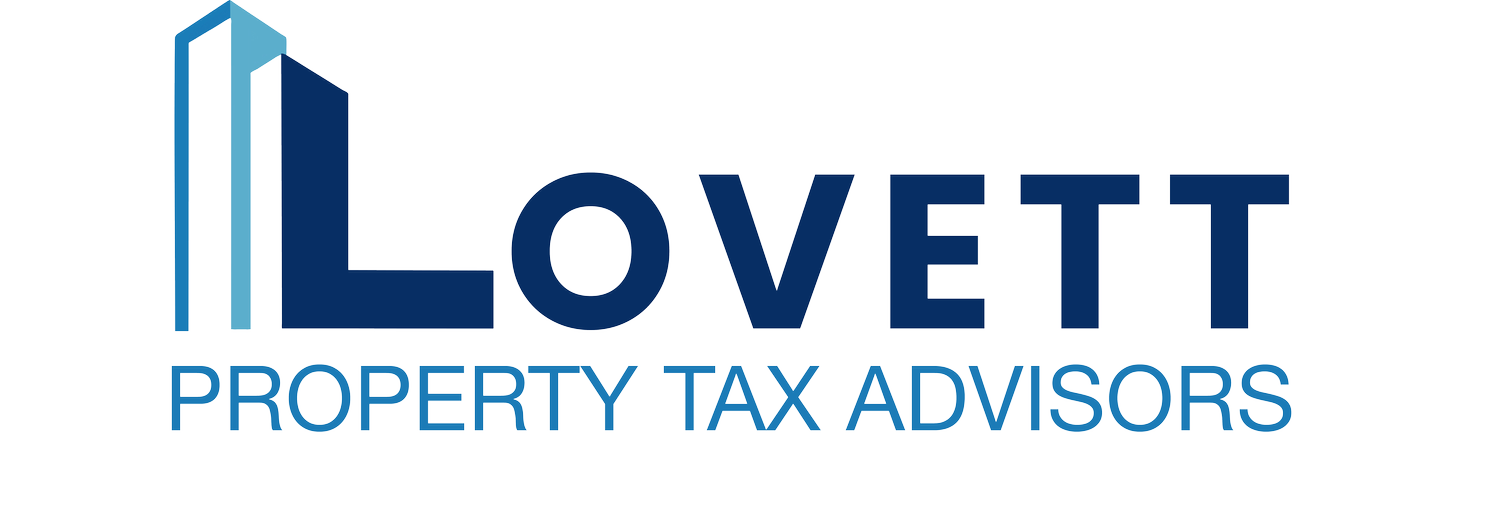Georgia Court of Appeals Affirms and Vacates Fair Market Value Determination in Bainbridge Ltd., L.P. v. DeKalb County Tax Assessors
Summary: The Georgia Court of Appeals recently issued an opinion in the case of Bainbridge Ltd., L.P. v. DeKalb County Tax Assessors, addressing a dispute over the fair market value of a rent-restricted apartment complex. The court reviewed the trial court's final order and addressed several arguments raised by Bainbridge on appeal. Ultimately, the court affirmed some aspects of the trial court's decision, vacated others, and remanded the case for further proceedings.
Background: Bainbridge Ltd., L.P. owns Granite Crossing Apartments in Lithonia, Georgia. The complex received low-income housing tax credits (LIHTC) in exchange for reserving 74 units for low-income tenants. The DeKalb County Tax Assessors initially assessed the property at $11,801,800 for the 2018 tax year. Bainbridge appealed the assessment, and the matter went to a bench trial in the DeKalb County Superior Court.
Key Arguments and Findings:
1. Failure to consider restrictive covenants and higher operating costs: Bainbridge argued that the County's witnesses failed to account for the negative impact of restrictive covenants and higher operating costs when determining the fair market value. The court agreed with Bainbridge, finding that the trial court erred in concluding that these factors did not need to be considered. The court interpreted the applicable statute, OCGA § 48-5-2 (3) (B), to mandate the inclusion of rent limitations and higher operating costs in the fair market value determination.
2. Economic obsolescence and deduction: Bainbridge claimed that the County's witnesses failed to deduct economic obsolescence in their fair market value analysis. The court did not directly address this argument in its opinion, suggesting that it may have been moot given the court's finding on the first issue.
3. Exclusion of testimony and attorney fees: Bainbridge challenged the trial court's denial of its motion in limine to exclude the testimony of one of the County's witnesses and its request for attorney fees. The court did not find any error in the trial court's decisions on these matters.
Outcome: The court affirmed the trial court's decision to use the cost approach in determining fair market value based on the property's data availability and ongoing construction status. However, it vacated the fair market value determination because the trial court erroneously concluded that the County's witnesses were not required to consider the impact of restrictive covenants and higher operating costs. The court remanded the case for further proceedings consistent with its opinion.
Conclusion: The Georgia Court of Appeals clarified the requirement to include rent limitations and higher operating costs when determining the fair market value of a rent-restricted property. By affirming certain aspects and vacating others, the court provided guidance for future assessments and emphasized the importance of correctly applying statutory factors in fair market value determinations. The case will now return to the trial court for further consideration based on the court's findings.


